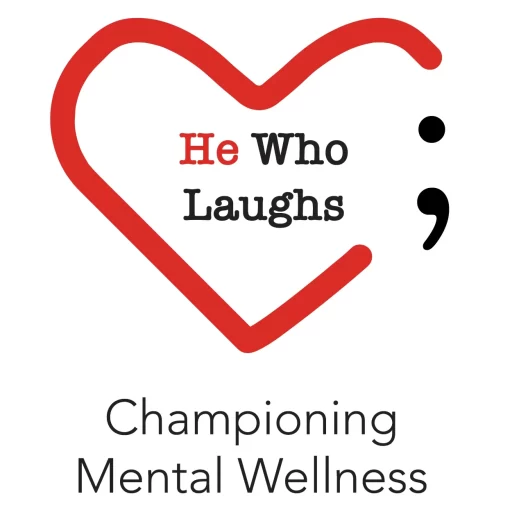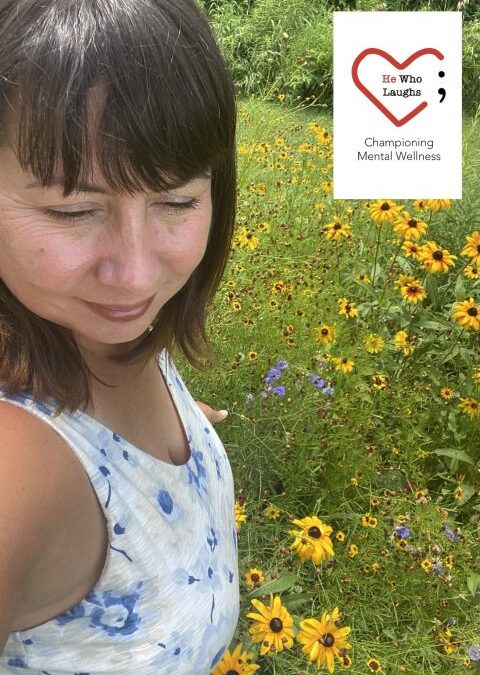Talk Saves Lives is a program offered by the American Foundation for Suicide Prevention (AFSP). The program addresses the scope of the current suicide problem, including an interactive discussion on how we (the community) are really handling and/or processing mental health matters. Research is included to help drive conversation back to the information, as well as, tools that can help us be an advocate for suicide prevention.
Talking about mental health publicly in a safe setting could lead to a shift in how mental health matters are regarded on several levels. Talk Saves Lives has the potential to create ripples of wellness that are far reaching beyond each program occurrence. While the invitation to talk openly about mental health matters is simple, there are still several barriers that prevent these discussions from being a reality.
What barriers prevent or complicate mental health discussions?
- unsolicited judgment
- unsolicited advice
- treatment costs
- treatment accessibility
- limited support systems
The list is not exclusive and yet it illustrates that the barriers to these discussions are very real. Barriers impact individuals and families, thus rippling out to our communities. Barriers are as universal as they are unique to each person. The item of unsolicited advice is what stands out for me on this list.
If I am brave enough to share my mental or emotional state with you, then please refrain from trying to fix me. Often in sharing my hurts or vulnerabilities, I am not asking for you to fix me. I am actually asking you to be present with me. What I have found in sharing my own grief journey is that my emotional rawness makes others uncomfortable. In my sharing it is clear that you cannot slap a band-aide on my heart and call me “fixed.” I am far from fixed and that is okay. However, you would be surprised at how many individuals are uncomfortable with real talk from mental health discussions, to grief discussions, to those that are suffering within the social media paradigm of fake engagement or seeking online acceptance.
Suicide Statistics (per the AFSP 2022)
- It is the 12 leading cause of death in the United States
- It is the third leading cause of death in the United States for ages, 10-19
- 45, 979 individuals died by suicide in 2020
- 1.20 million suicide attempts were recorded in 2020
In the Social Dilemma documentary on Netflix there is an astonishing parallel in the uptick of cases between mental health disturbances, time spent on social media, and wait for it (insert drumroll)….the ethics of our actions online. I touched on this topic in my last blog post, Am I Enough?
The lack of ethics, the inability to talk without being shamed or manipulated taxes me emotional and mentally. The stamp of suicide on our family has left me questioning so much about who I am and who I want to be. The loudness of the world complicates these inquiries for me. Finding a safe setting with authentic connections where people can be real and have conversations with individuals who respectfully disagree is lacking. The invitation to honor and respect our difference of opinions is dying. I love the things that make us all different. I don’t want you to sway me, make me conform, or fix my aching heart.
My hope is that you will considering joining He Who Laughs; Championing Mental Wellness along with the AFSP on Monday, July 18 at 5:30 for this call to action. This call for real conversations and actions is lacking in our world, therefore people are suffering. We can’t wait any longer for someone to save us. The agenda, you ask? To be a light in a weary world.
I use yoga, grassroot social work efforts, kindness, and real conversations to be a light. I want to be part of the solution for a better tomorrow. How about you?


I’ll be there. I hope I can learn from this. If I could be a light to help one person, it would be great.